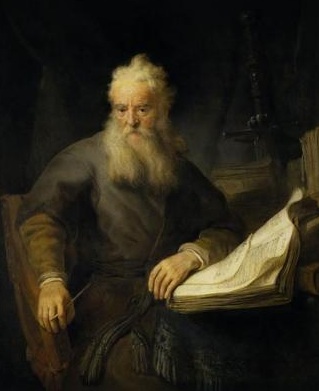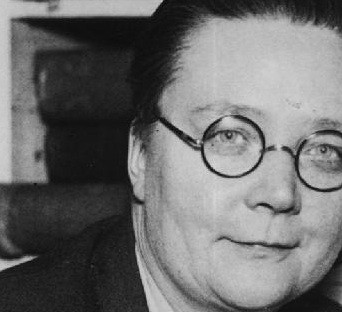 Luke ties off the end of chp 12 with subtle words, but words that indicate that God is in charge and God’s mission will move forward — even if it means death of God’s special servants, like James, and corrupt leaders who opposed God’s mission. Here are Luke’s words:
Luke ties off the end of chp 12 with subtle words, but words that indicate that God is in charge and God’s mission will move forward — even if it means death of God’s special servants, like James, and corrupt leaders who opposed God’s mission. Here are Luke’s words:
Acts 12:24 But the word of God continued to increase and spread. 25 When Barnabas and Saul had finished their mission, they returned from Jerusalem, taking with them John, also called Mark.
There are some transitions here: James will assume leadership in Jerusalem in that Peter has departed. Paul, aka Saul, will assume centrality in the Book of Acts, and Barnabas, whom we have seen before, and John Mark, whose house is where Peter gave his last witness before departing, will be Paul’s companion (for awhile).
Acts 13:1 Now in the church at Antioch there were prophets and teachers: Barnabas, Simeon called Niger, Lucius of Cyrene, Manaen (who had been brought up with Herod the tetrarch) and Saul. 2 While they were worshiping the Lord and fasting, the Holy Spirit said, “Set apart for me Barnabas and Saul for the work to which I have called them.” 3 So after they had fasted and prayed, they placed their hands on them and sent them off.
In Antioch, a city at the cusp of the Land of Israel in many folks’ minds… The prophets and teachers were together; they were worshiping; they were fasting. God’s Spirit — who prompts the mission of God in this world and in the Book of Acts — speaks to separate Barnabas and Saul (note order) to the mission God has for them.

